PROTECT YOUR DNA WITH QUANTUM TECHNOLOGY
Orgo-Life the new way to the future Advertising by AdpathwayKamala Harris is back in the spotlight, and she has no intention of fading away. In a recent interview with the BBC, the former Vice President and 2024 presidential candidate stated, “I am not done.” This declaration raises questions about her political future and continues her efforts to portray Donald Trump as a looming threat to democracy, even as he secured a solid victory in the last election.
Harris’s comments came during her first major media appearance following her electoral defeat. Trump won decisively, overshadowing her candidacy after Joe Biden chose not to seek reelection amid dismal polling. Now, just weeks after the final vote, Harris appears to be laying the groundwork for a potential comeback.
When asked about a run for president in 2028, she responded, “Possibly,” insisting that she is not focused on that right now. Yet, her hints suggest she remains keenly aware of the political landscape. A defining goal seems to be to “quash the MAGA movement,” showcasing her intent to remain a central figure in Democratic discourse.
Public reaction has been mixed, with some taking her statements lightly. A widely shared tweet sarcastically remarked, “🚨 JUST IN: Kamala Harris declares to America that she’s ‘not done’ and might run for president in 2028.” This mockery highlights a disconnect between Harris’s message and public sentiment.
Recent polling presents a less than enthusiastic view of Harris’s prospects. In her home state of California, a CBS News survey showed waning support for another presidential run. Her favorability ratings dropped to 43%, and more than a third of residents strongly oppose her future candidacy. This reflects broader fatigue within the electorate regarding her leadership.
Adding to the complexity is Governor Gavin Newsom’s rumored interest in a 2028 presidential bid. Insiders suggest that Harris’s national recognition may be faltering, which could provide openings for other figures to advance their aspirations within the party.
Harris attributed her 2024 defeat largely to external factors, particularly targeting Trump as a “tyrant.” She accused him of distorting institutions and wielding influence over businesses, which she claims are compliant with conservative agendas. Such assertions underscore her focus on Trump, rather than reflecting on her campaign’s shortcomings.
In past interviews, she has gone further, describing Trump as a “fascist” during a CNN town hall before the election. When asked whether Trump deserved that label, she affirmed decisively, “Yes, I do.” Her warning about America potentially “losing its soul” under a second Trump administration highlights her deep fears regarding his influence within the political sphere.
Her new book, “107 Days,” chronicles the chaotic march to the general election. Although the campaign mobilized significant resources—over $1.5 billion spent and millions of volunteer hours dedicated—it ultimately failed to close the electoral gap. Trump’s victory margin surpassed that of 2016, indicating a shift in voter sentiment that left Harris unable to connect with key demographics.
In a post-election call to supporters, Harris encouraged resilience, stating, “Don’t let anybody take your power from you.” However, her brevity and lack of detail about her plans left many uncertain about her next steps. The Democratic base, still reeling from their loss, faces the task of restructuring for a future run.
Critics assert that Harris’s media efforts may be an attempt to redirect attention from her campaign failures. The new White House, now under Trump, responded sharply to her remarks. A spokesperson dismissed her claims, suggesting she failed to grasp voters’ rejection of her message: “When Kamala Harris lost the election in a landslide, she should’ve taken the hint.”
Voters gravitated toward Trump’s focus on practical issues such as inflation, energy independence, and law and order during his campaign. In contrast, Harris emphasized social justice and democratic integrity, yet these themes didn’t resonate with crucial voter segments, particularly among working-class individuals in the Midwest and Rust Belt who shifted in favor of Trump.
Despite her claims that her campaign was a noble defense of democratic values, public opinion shows uncertainty about whether Americans share her sense of urgency. Some Democrats are voicing concerns that a 2028 candidacy might alienate the very constituents needed to reclaim the presidency.
Harris remains optimistic, believing that young girls, including her grandnieces, will see a woman president in their lifetime. Yet uncertainty looms about whether that woman could be her. With the 2028 election still years away, Harris’s support within and outside the party is fragmented, presenting considerable challenges to reestablishing her political standing.
Kamala Harris is not stepping back, but whether the electorate is prepared to embrace her once more is an open question. Her journey forward will depend on navigating the evolving political landscape and addressing the concerns of skeptical voters.
"*" indicates required fields


 3 hours ago
1
3 hours ago
1

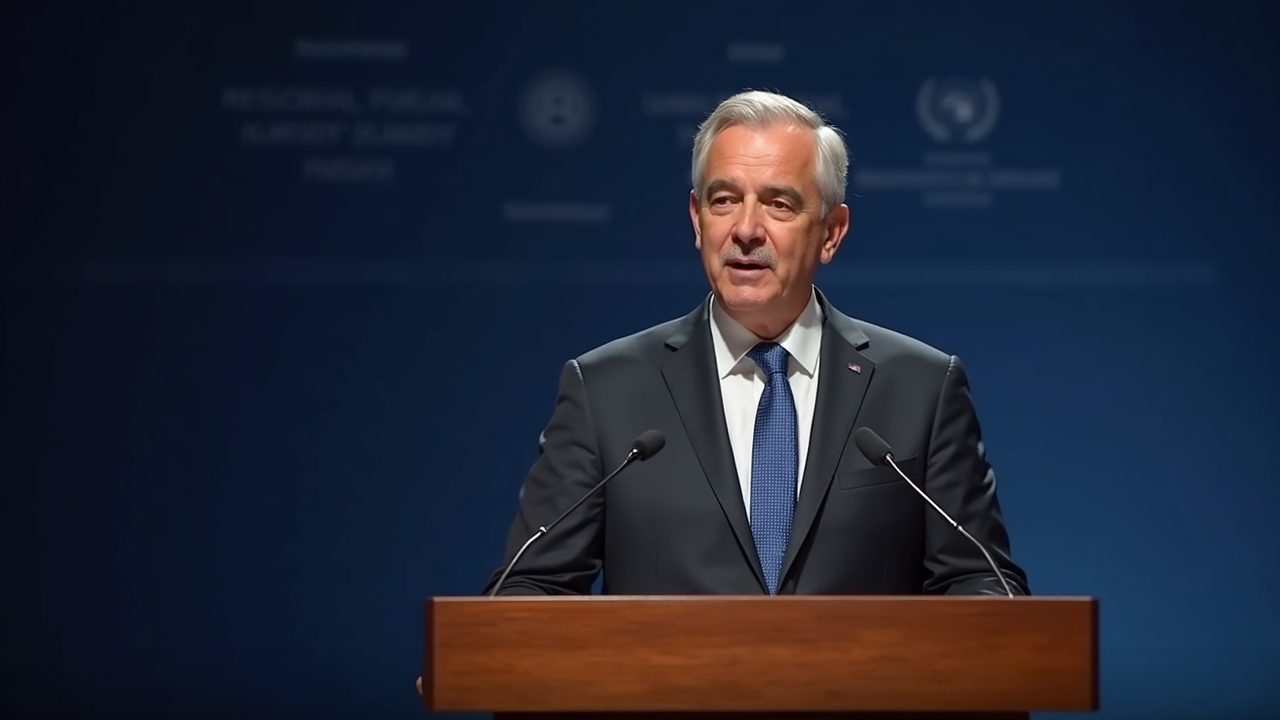
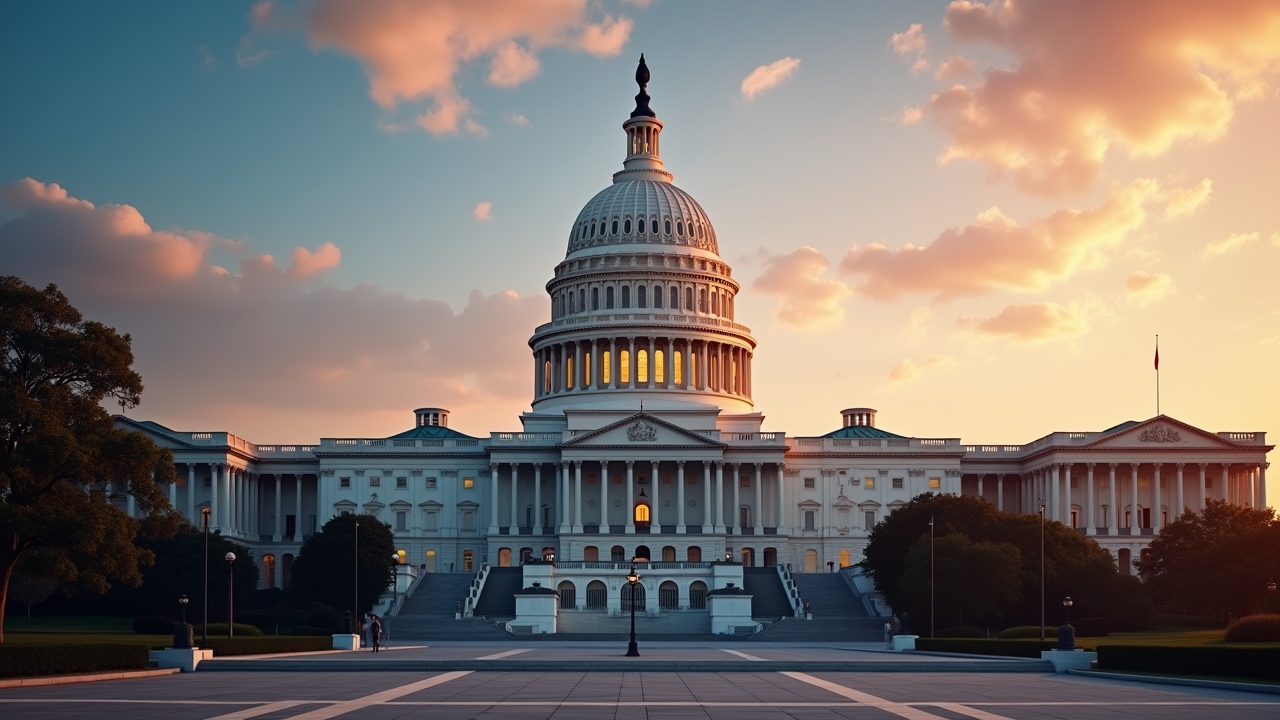

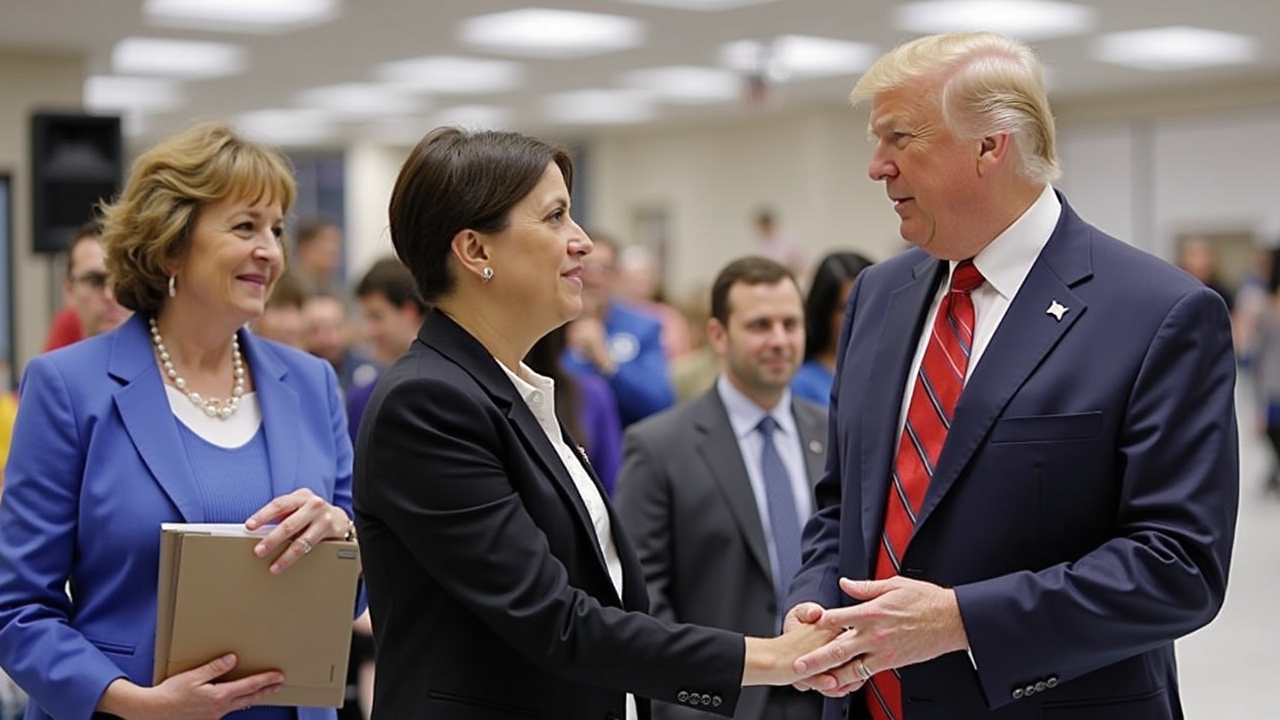

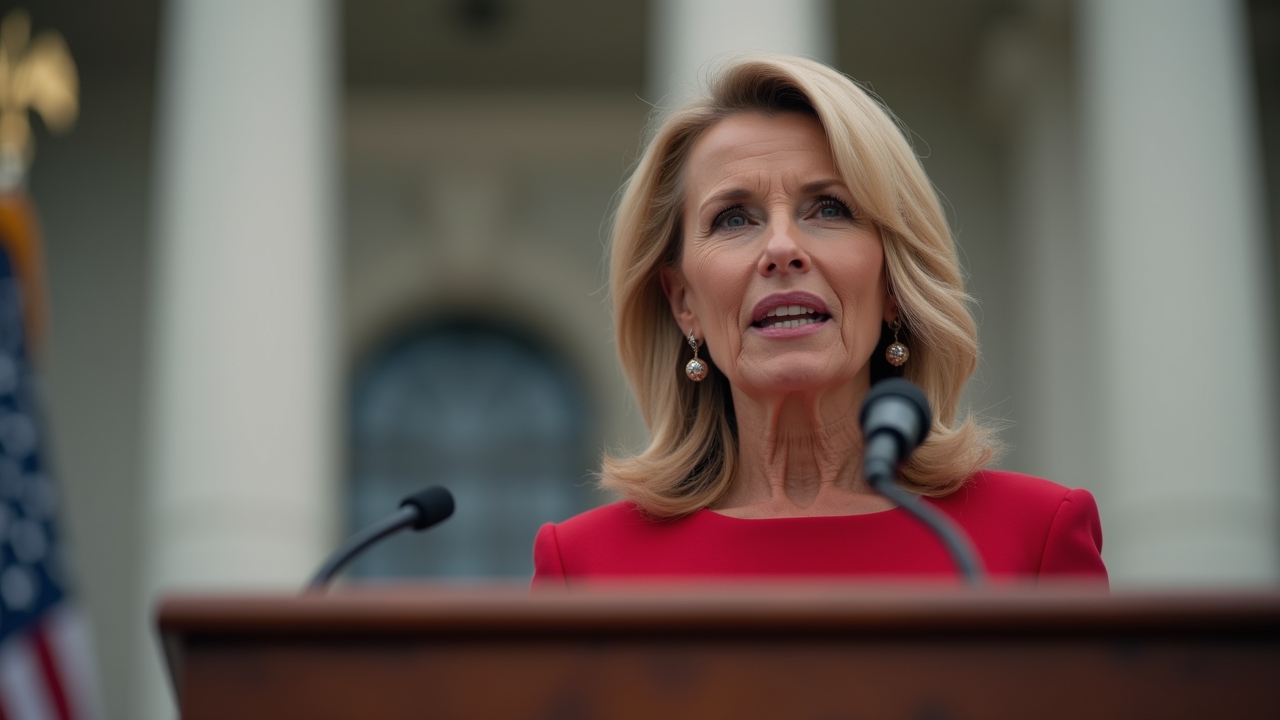
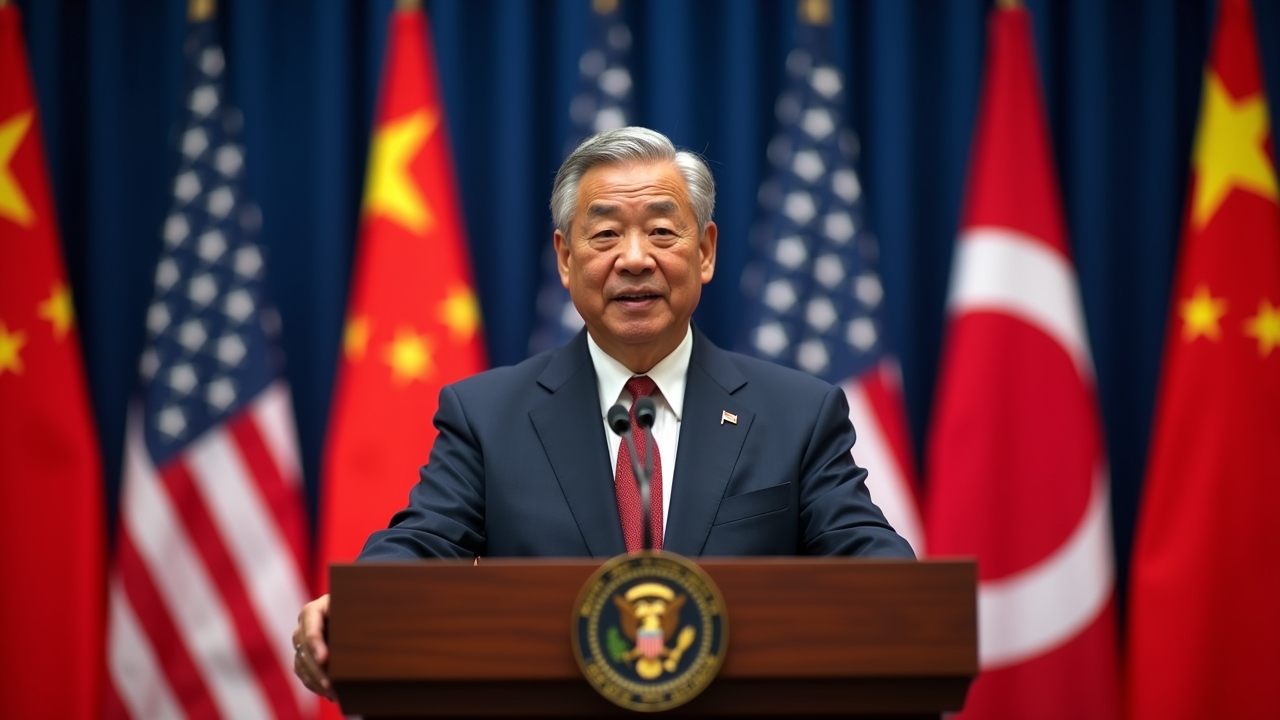










.jpg)






 English (US) ·
English (US) ·  French (CA) ·
French (CA) ·